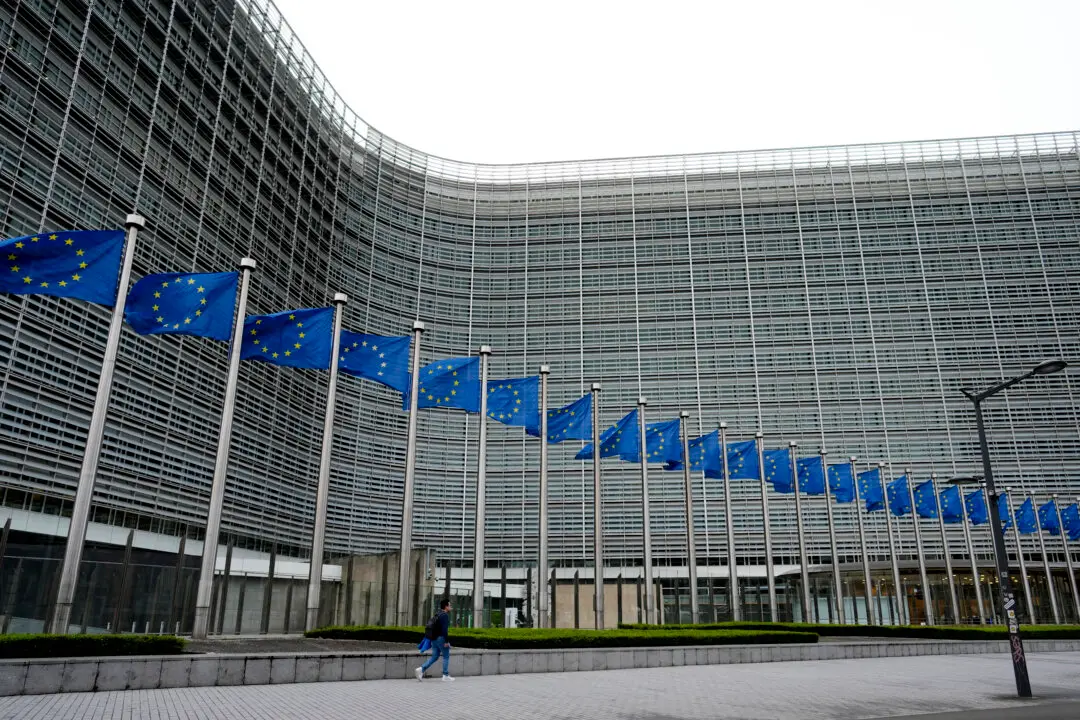A European Union decision on whether Apple and Meta have broken the bloc’s tech rules aimed at curbing their market power is set to be issued in the coming weeks, Brussels’s antitrust chief Teresa Ribera told the European Parliament on Tuesday.
The European Commission, which acts as the bloc’s executive branch, has been investigating the two tech giants since March last year for potential infractions of the Digital Markets Act (DMA), which sets out a list of dos and don’ts for tech giants in a bid to keep the market open to rival smaller firms to give consumers more choice.





